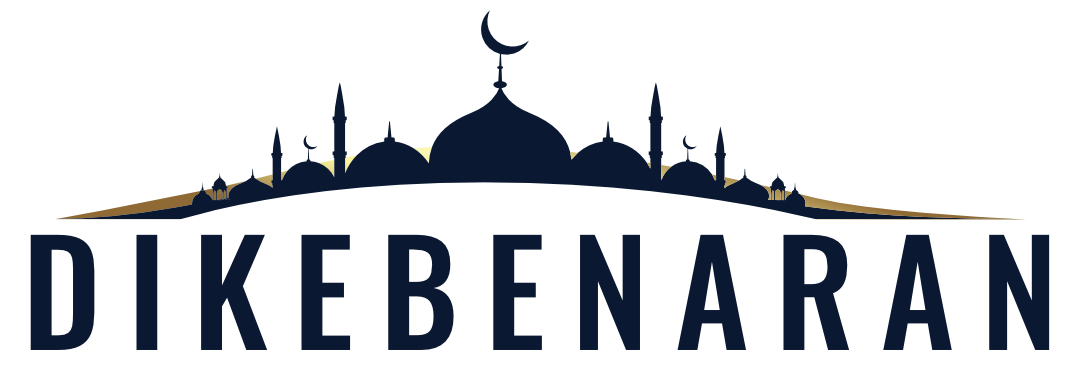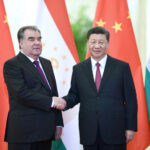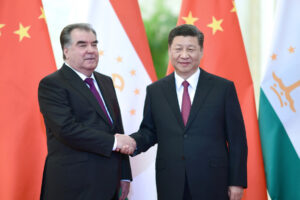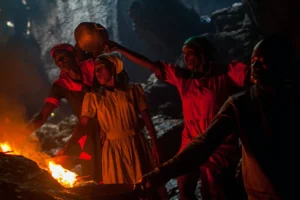Foreign Minister Retno Marsudi on Tuesday looked back on the tough negotiations that took place ahead of the 18th East Asia Summit, which only secured a deal at the very last minute.
Jakarta last week hosted world leaders for a series of talks at the 43rd ASEAN Summit with the East Asia Summit — also known as EAS — being one of the sessions. The EAS brought together leaders from the 10 ASEAN member states along with the US, China, Russia, India, Japan, New Zealand, South Korea, and Australia. China sent its premier Li Qiang to attend the talks, while US veep Kamala Harris was present on behalf of US President Joe Biden. Russian top diplomat Sergey Lavrov showed up at the forum.
“All eyes were on the EAS. … Given the diversity [of the participating countries] and the current global situation, it was difficult to find a compromise. So everyone was on the edge of their seats. They wanted to know if EAS could agree on a declaration,” Retno said in an exclusive interview with news broadcaster BTV in Jakarta on Tuesday.
The EAS took place the day after the festive gala dinner that Harris even said to be “almost beyond anything Hollywood could have pulled together”. While guests were busy jamming to the music, Retno was busy trying to convince the other EAS delegates.
“I would say that I was the most nervous person that evening. Negotiations got stuck … particularly on matters related to geopolitics. … So I turned the gala dinner into a platform for some last-stage talks,” Retno told BTV.
“I even brought a book that had all the paragraphs that I was still trying to negotiate on. I remember coming to one country’s delegate that evening. There were four of us. It was quite dark so I turned on my phone’s flashlight to show them the paragraphs that I recommended. […] I would dance for a bit then go back to negotiating again that evening,” Retno said.
The 18th EAS had two outcome documents: a leaders’ statement and that of a chairman. The former required all participating countries to reach a consensus, while a chairman’s statement only summed up how the discussions took place. According to Retno, member countries came to an agreement on the documents five minutes before the 18th EAS began.
The EAS leaders’ statement put emphasis on making the region an epicentrum of growth, among others, by strengthening supply chain connectivity. Retno told BTV that the members initially wanted this document to also deal with geopolitics. However, Indonesia managed to convince the other members to put the geopolitical matters –including the Russia-Ukraine war– on the chairman’s statement instead.
“Geopolitics have become an unavoidable theme in such forums. And it is hard to reach a consensus on the matter. For example, I doubt the US and Russia would agree on Ukraine. That is why I suggested we [have the leaders’ statement] focus on how we can work together on making Southeast Asia an epicentrum of growth, … and we can have the geopolitics on the leader’s statement,” Retno said.
“Such agreement was only possible because the world and the EAS members trusted Indonesia’s leadership. As we were willing to listen and bridge the differences,” the diplomat added.
The 18th EAS chairman’s statement brought up the aggression against Ukraine, saying that most members “strongly condemn” the war and called for peace in Kyiv. The 12-page document took note of the “adverse impact” of the Ukraine war.















